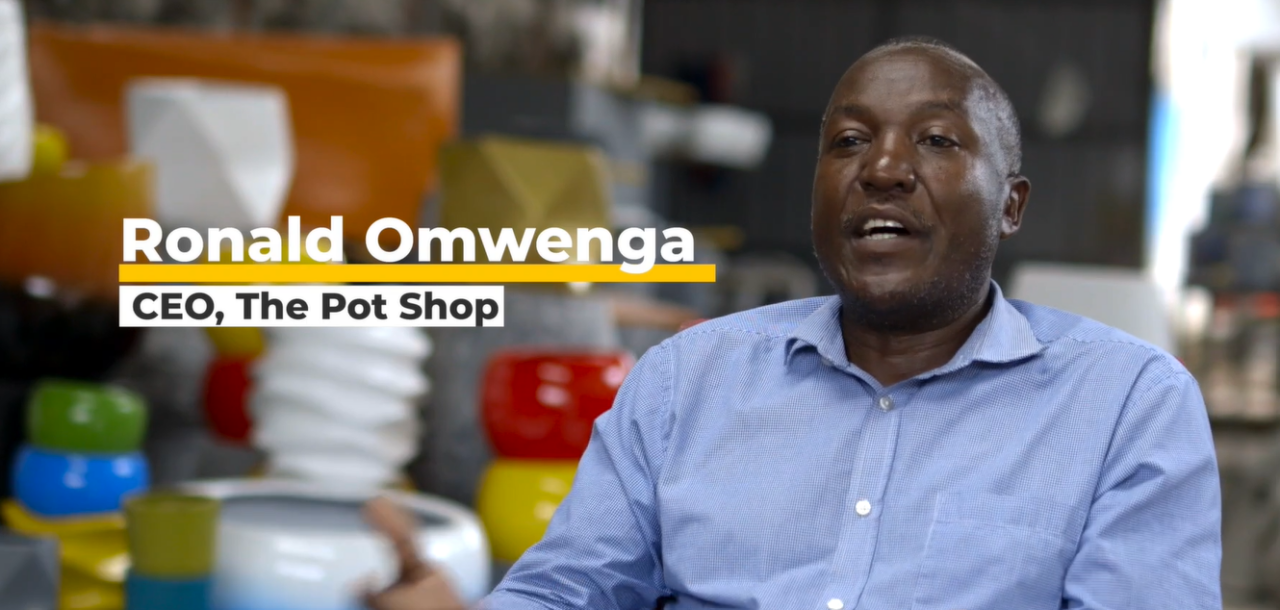There is no doubt that Covid-19 was quite the storm. Strong, non-discriminatory, and devastating. It was not only a healthcare problem but also social, political, and economic. The pandemic came and scuttled everything the world knew, and it has taken a long time for us to start seeing the results of recovery efforts especially in the economic sphere.
One of the worst hit sectors was SMEs, with Central Bank of Kenya statistics indicating that 20% of small businesses folded as a direct result of the pandemic. For a sector that is estimated to account for approximately 90% of businesses worldwide and creates more than 50% of all job opportunities, a 20% dent is dire. This also goes to show the vulnerability of SMEs to shocks like the pandemic, political uncertainties and climate change among other challenges.
All is not lost though. Many businesses are back on their feet and thriving, partly thanks to interventions from Governments and financial institutions. Entrepreneurs are often quite a resilient lot and with some push in the right direction, they are up to the task to weather shocks and rebuild after loss. Not to say that it is easy though. This is a sector that often faces a severe shortage of financing, since many banks are not willing to lend money to small businesses which are deemed high risk.
This is where partners like the European Investment Bank (EIB), which is the EU bank, come in. Through initiatives such as the Kenya Covid-19 Access to Finance Program, the EIB was able to support many SMEs stay afloat and remain open. The EIB which has operated in Africa since 1965 is able to run a brilliant partnership model of working through intermediaries (local financial institutions) to offer financing to SMEs. Intermediary banking is whereby the EIB, in partnership with the EU, lends to local banks at favorable terms which the banks then transfer to SMEs that are their clients.
This approach has several unique advantages, chief among them being that local banks are able to advance credit to more businesses. Under the program, the EU provides grants to complement the credit that is offered by the EIB. The combination of the grants and favorable terms allows the local banks to offer longer tenures at more affordable pricing to the end SME borrowers.
In Kenya, one recent example of this partnership with local banks is when the European investment Bank channeled its Covid-19 Access to Finance support through Equity Bank and Cooperative Bank.
“We signed these agreements at the height of Covid. The EIB is a bank that cannot go into small loans. But through the intermediary of the local banks, it was possible to go into that market segment,” H. E. Henriette Geiger – European Union Ambassador to Kenya.

As can be imagined, this very impactful program has many success cases across the areas it operates. Take the case of The Pot Shop for instance, a venture founded by Ronald Omwenga back in 2015 to craft flowerpots. The business grew steadily and then spiked quite sharply during the pandemic because people were home and had more time to finally decorate their houses, balconies and gardens.
Along with the blessings of a thriving business, Ronald also came face to face with a transportation challenge. Up to this point he was relying on hired transport but that came with additional costs and the risk of delays and damage to the fiberglass pots. There was enough demand to warrant the need to purchase his own truck. He needed a financing partner to address his challenge and this was made possible thanks to Cooperative Bank in partnership with the European Investment Bank.
That is how Ronald came to acquire an Isuzu truck which he uses to deliver locally and even outside Kenya. He was also able to develop enough capacity to meet the demand for his pots, and to create employment.
There are many other cases like Ronald’s that demonstrate the power of financial support to entrepreneurs and the ripple effects of empowerment to homes and local economies. It helps that the Kenya Covid-19 Access to Finance Program comes bundled with technical assistance for capacity building to both the intermediary and the entrepreneurs.
“Access to finance is crucial for MSMEs to support their growth, and in difficult times even to sustain their businesses,” Edward Claessen – Head of EIB Regional Hub For Eastern Africa.